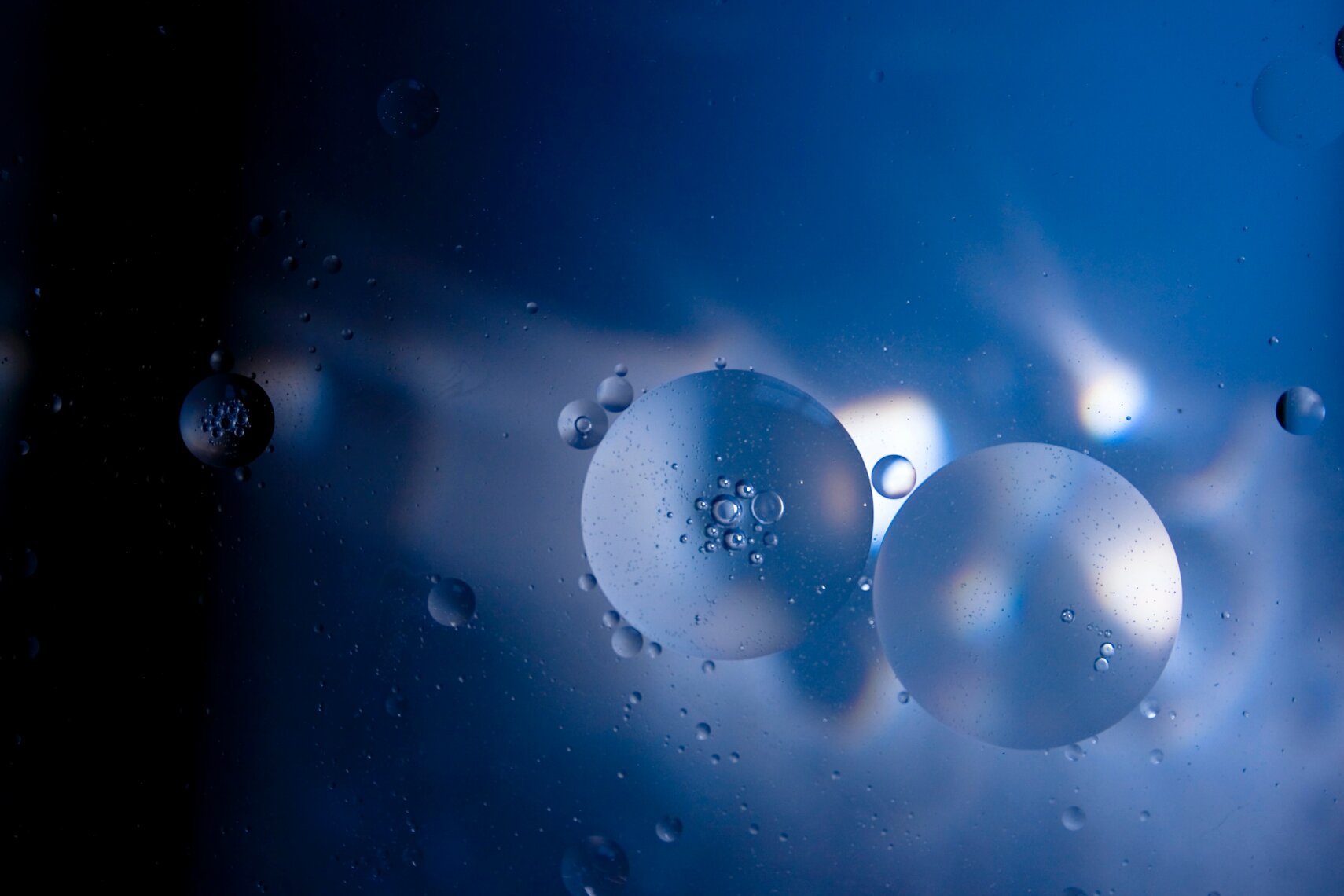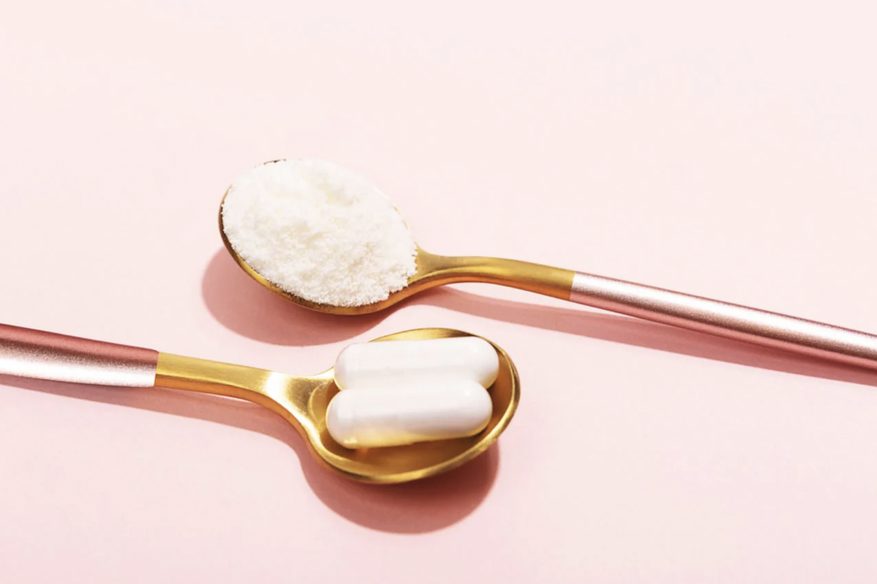 What’s the Difference Between Collagen Peptides and Hydrolyzed Collagen?
What’s the Difference Between Collagen Peptides and Hydrolyzed Collagen?
Elastin
Elastin is a fundamental protein in the human body, often mentioned in conjunction with collagen due to their intertwined roles in maintaining tissue structure and elasticity. While collagen provides structural support, elastin is like the body’s natural rubber band, possessing a unique property that allows tissues to stretch and then return to their original state. This elasticity is essential for the proper functioning of various vital tissues, including but not limited to the lungs, bladder, major blood vessels, ligaments, and notably, the skin.
One distinctive aspect of elastin is that its production ceases after puberty. Unlike collagen, which the body continues to produce throughout life, elastin has a finite production period. As a result, the elasticity of tissues containing elastin can gradually decline with age, contributing to the development of wrinkles, sagging skin, and reduced tissue flexibility. This is why elastin is often a focal point in discussions related to anti-aging skincare and cosmetic procedures aimed at restoring skin elasticity. Understanding the role of elastin in the body underscores its significance in maintaining the overall health and function of various tissues and highlights the importance of strategies to support its preservation and restoration, particularly as individuals age.
 What’s the Difference Between Collagen Peptides and Hydrolyzed Collagen?
What’s the Difference Between Collagen Peptides and Hydrolyzed Collagen?
 What is Bone Health and How Can Collagen Peptides Support It?
What is Bone Health and How Can Collagen Peptides Support It?
 Collagen Peptides: Support Your Skin the Nutritional Way
Collagen Peptides: Support Your Skin the Nutritional Way
 Does Ethnicity Affect How Our Skin Ages?
Does Ethnicity Affect How Our Skin Ages?



